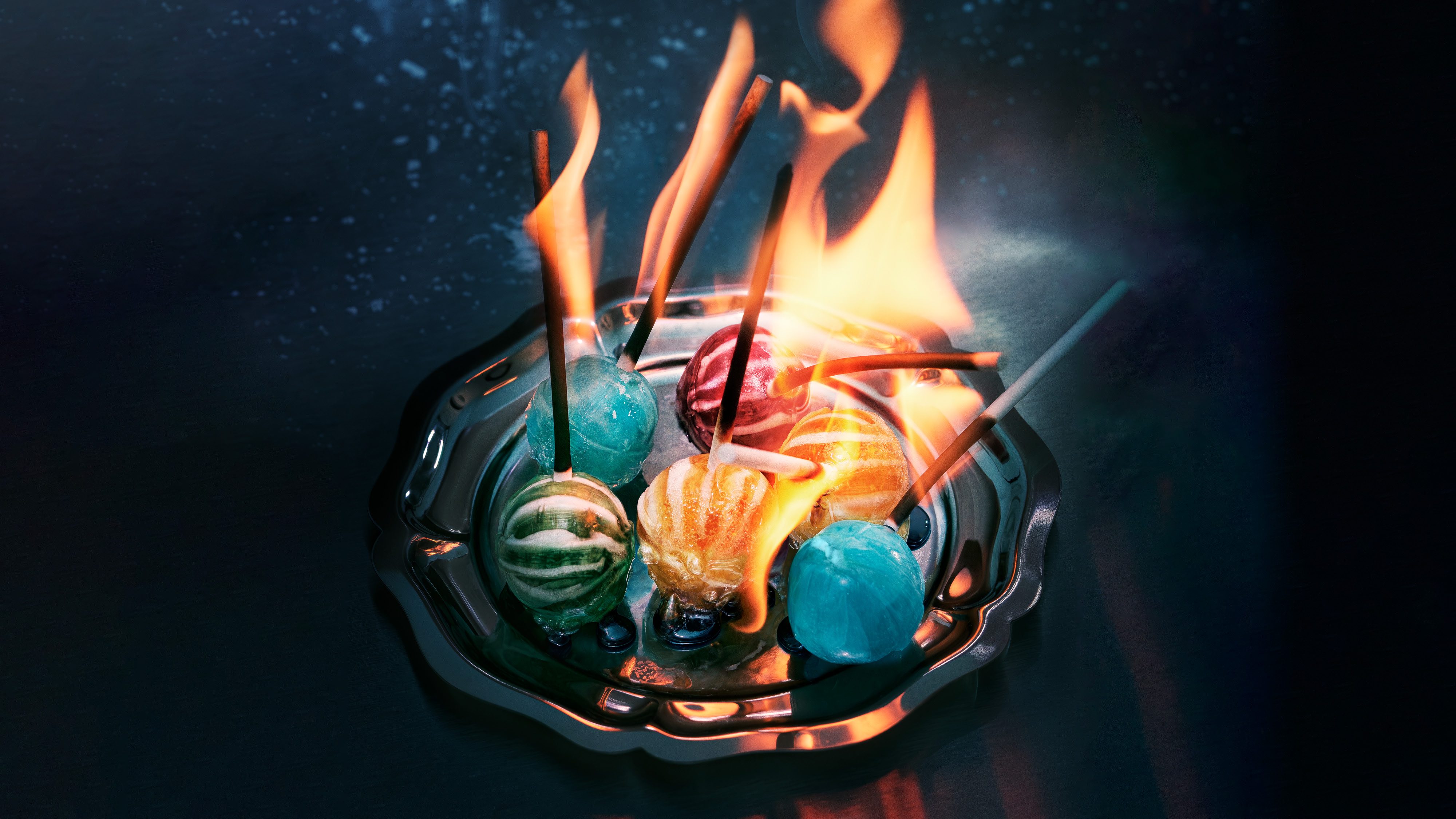About the production
Norma is a Gaulish druid priestess who is committed to the peace-bringing goddess of the moon and fertility.
She refuses to give the war-hungry Gauls the signal to revolt against Roman rule. She keeps the two children she has had in secret marriage to the Roman Pollione hidden from her compatriots. When her husband tries to cheat on her with a younger woman, her existence threatens to collapse. She overcomes the temptation to kill her children and punish her rival. Her self-disclosure saves their lives.
Vincenzo Bellini's Norma score includes not only the "infinite melody" of the high priestess's prayer to the moon goddess ("Casta diva"), not only the enchanting seduction song of the Roman proconsul Pollione ("Vieni a Roma...") or the two duets of the high priestess and novice, which savor all the magic of two soprano voices singing with and against each other. These icons of bel canto are embedded in a musical structure rich in contrasts. This leads from a passionately moving overture to the orchestrally evoked nocturnal atmospheric magic of the introduction to highly dramatic ensemble confrontations and furious choral numbers, which are always flanked by dramaturgically precisely calculated stage orchestral interventions. The maelstrom of the grand final climax at the end of Norma's plaintive plea to her father then brings all the voices together and transcends the action.
Bellini created his opera together with his preferred librettist, Felice Romani, who was admired for the elegance, melodiousness and pathos of his verses, and for the tragedienne Giuditta Pasta, who had set new standards in Rossini's seria roles: the acting soulfulness of her roles was considered unparalleled and her voice fascinated with its unprecedented modulation and expressiveness. The tragedy of the same name by Alexandre Soumet, which had recently been created in Paris, was chosen as the model for the new opera. In a letter, Bellini wrote to Pasta with the following words: "I hope that this subject will suit your taste: Romani considers it very effective and appropriate to your encyclopaedic character."



